
Day 6: Forgiveness Without Excusing
“Forgiveness isn’t saying it was okay. It’s saying: I no longer want to live in pain because of it.”
Teaching
Forgiveness is one of the most misunderstood forms of healing.
We think it means pretending it didn’t happen. That it wasn’t that bad. That we’re letting them off the hook.
But forgiveness is not about them. It’s about *you*.
It’s about saying: *I will not let this wound keep bleeding into every part of my life.*
You can acknowledge what happened. You can name it, grieve it, even rage about it.
And still choose to forgive — not as permission, but as release.
This isn’t easy. It takes time. But each moment you turn toward forgiveness, you reclaim a part of your spirit.
You deserve to be free. Even if they never change. Even if they never apologize.
*You can choose to stop carrying what was never yours to keep.*
Perspectives from the Masters

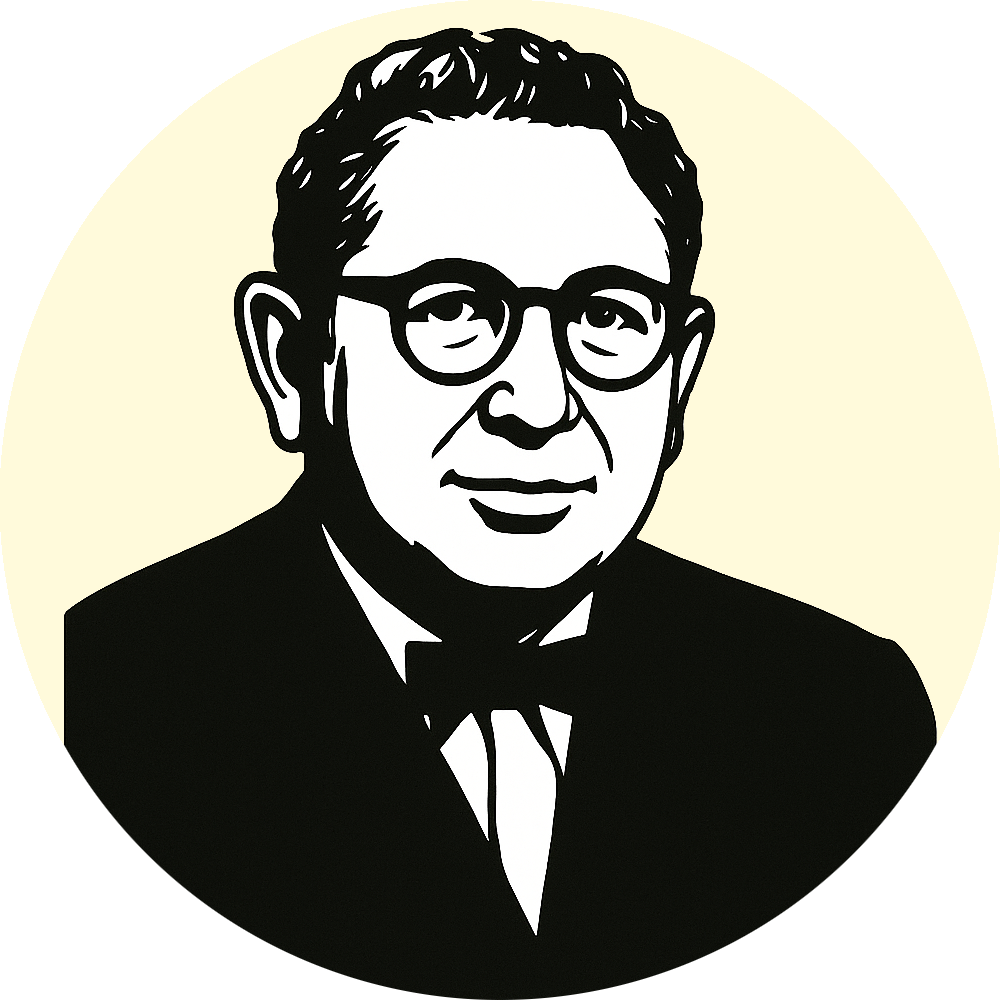
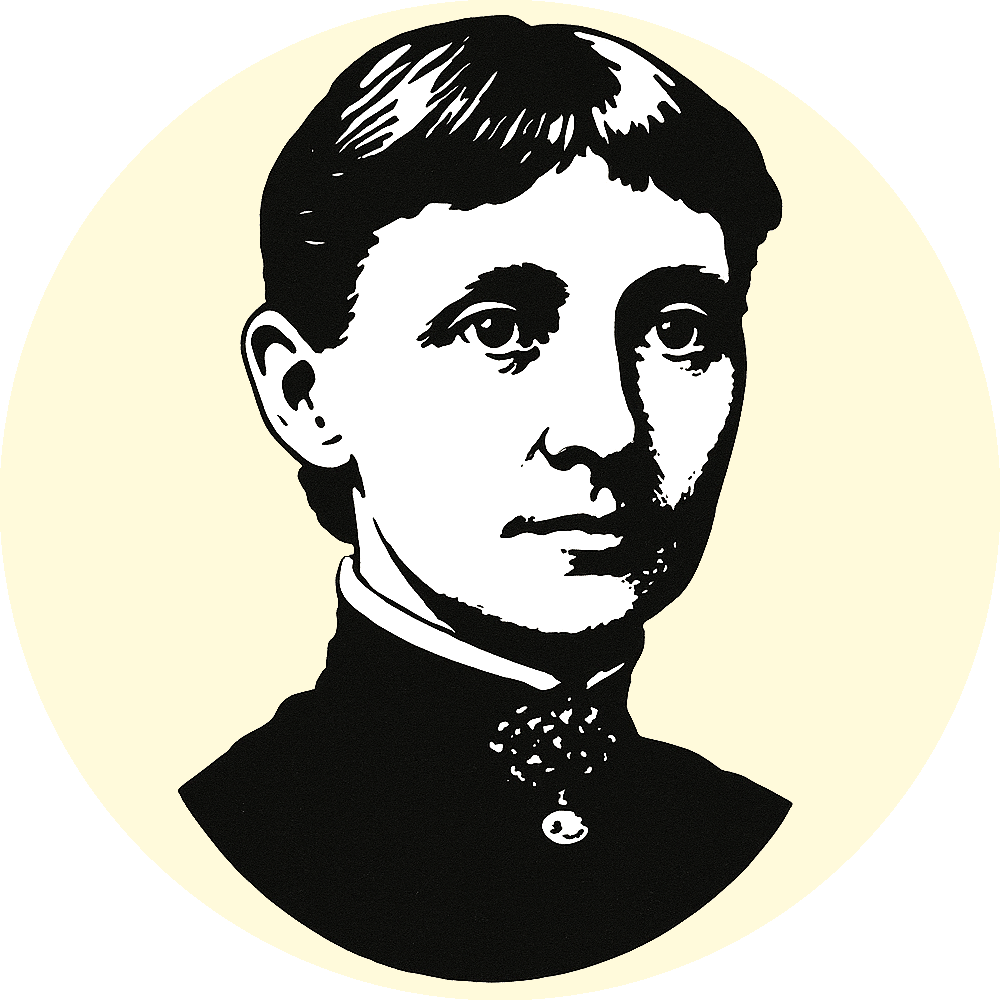
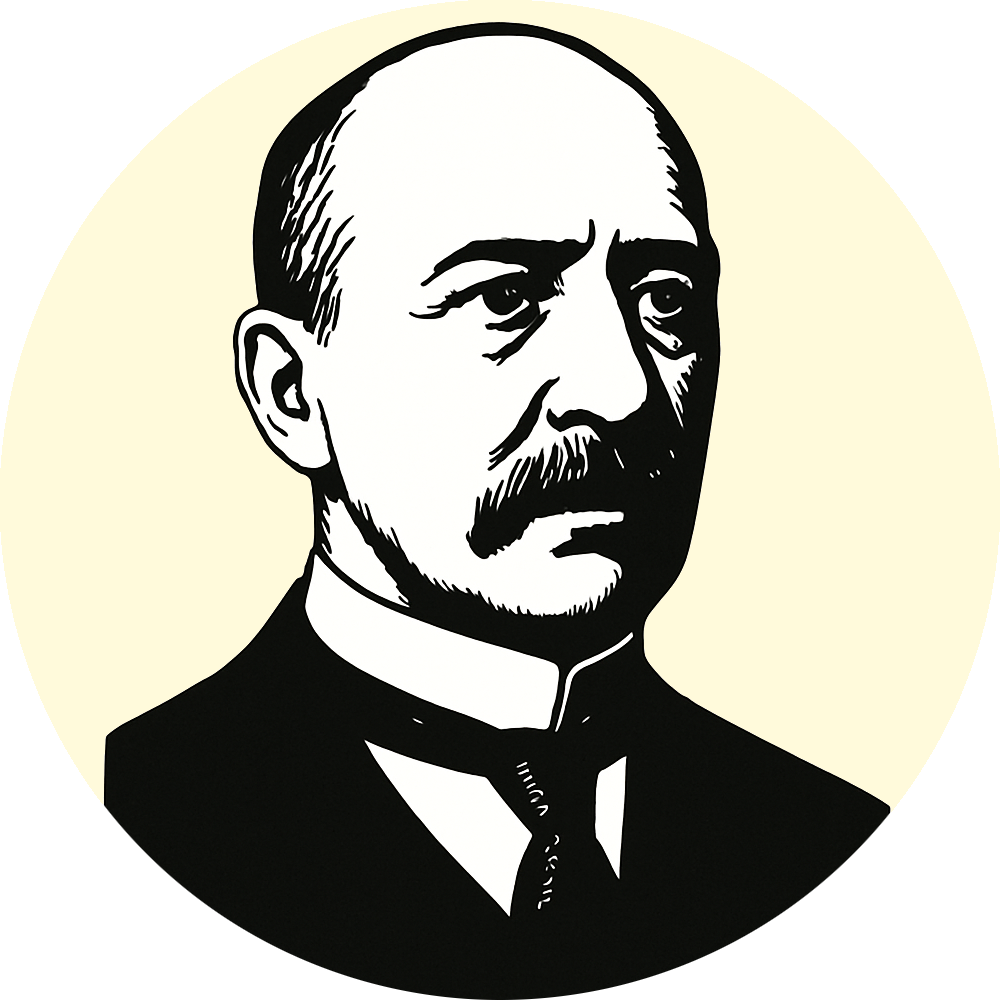


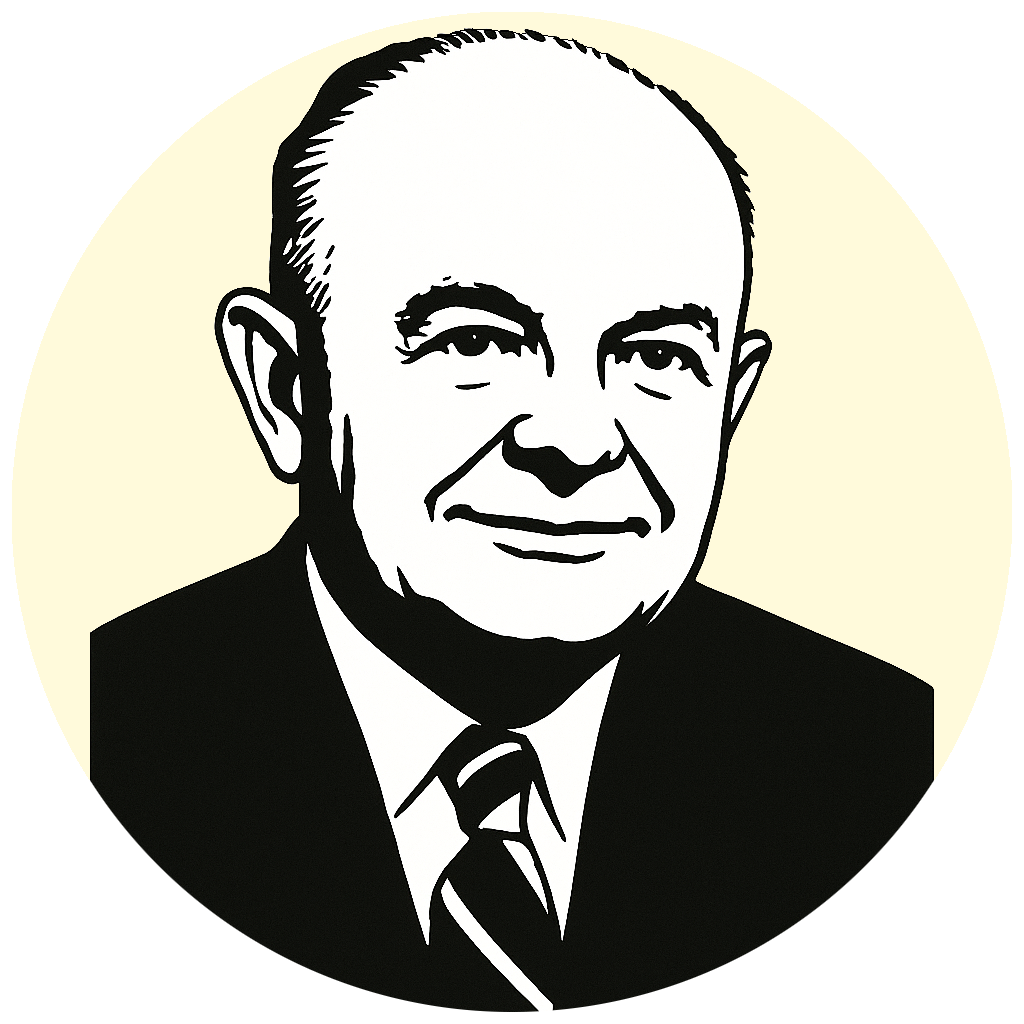
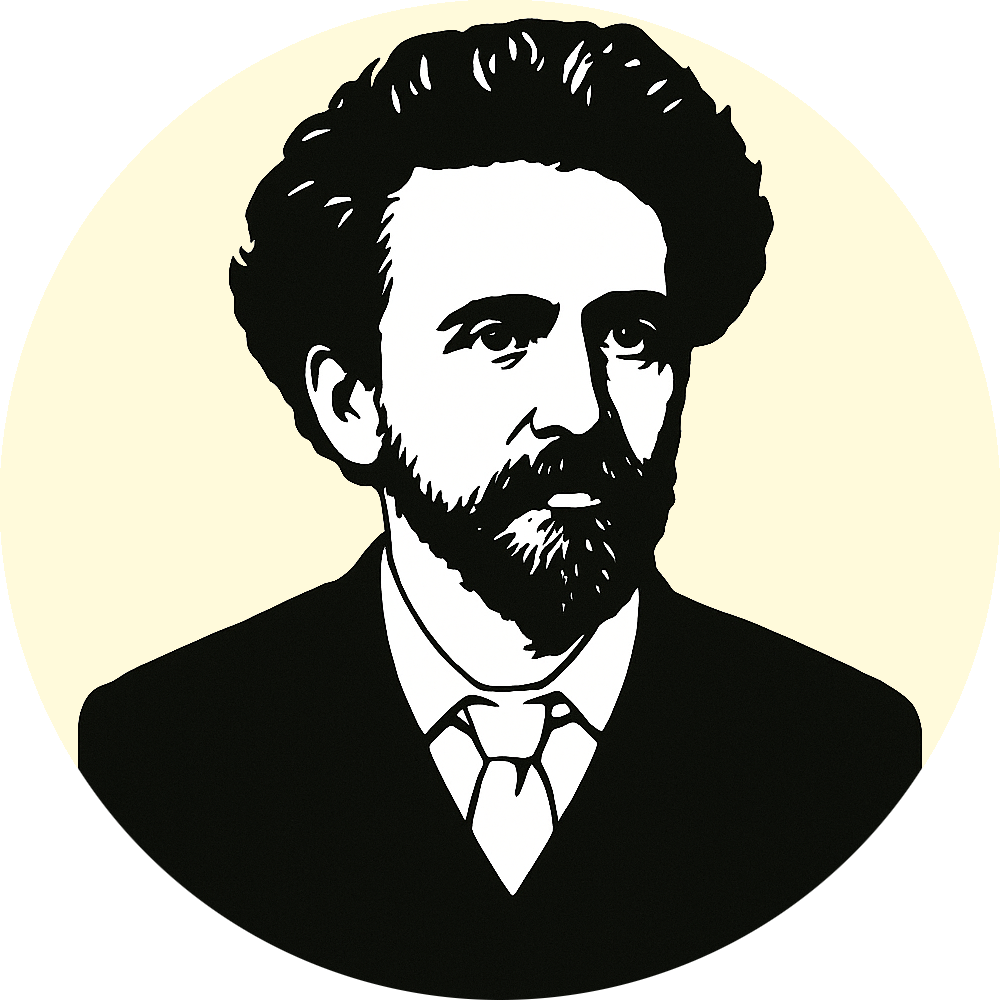
Meditation
Sit quietly and bring to mind someone you have struggled to forgive. Notice what arises in your body — tension, heat, tightness. Don’t force anything. Just breathe. With each inhale, say inwardly: 'I release the hold this has on me.' With each exhale, imagine a thread untying — slowly, gently.
Action
Write a letter you’ll never send to someone who hurt you. Say what needs to be said. Then add this line: 'I release myself from the pain of this memory.' Keep it, tear it up, or burn it safely — whatever feels right to mark the moment.
Success Story
Reese J. “I always thought forgiveness meant weakness. That I had to be okay with what happened. But this made me realize I was keeping the hurt alive inside *me*. Forgiving didn’t erase it — it just stopped it from owning me.”
You can honor the truth *and* choose peace.
Share this page.extra with them — and if you’re new here:
Join the Daily Class